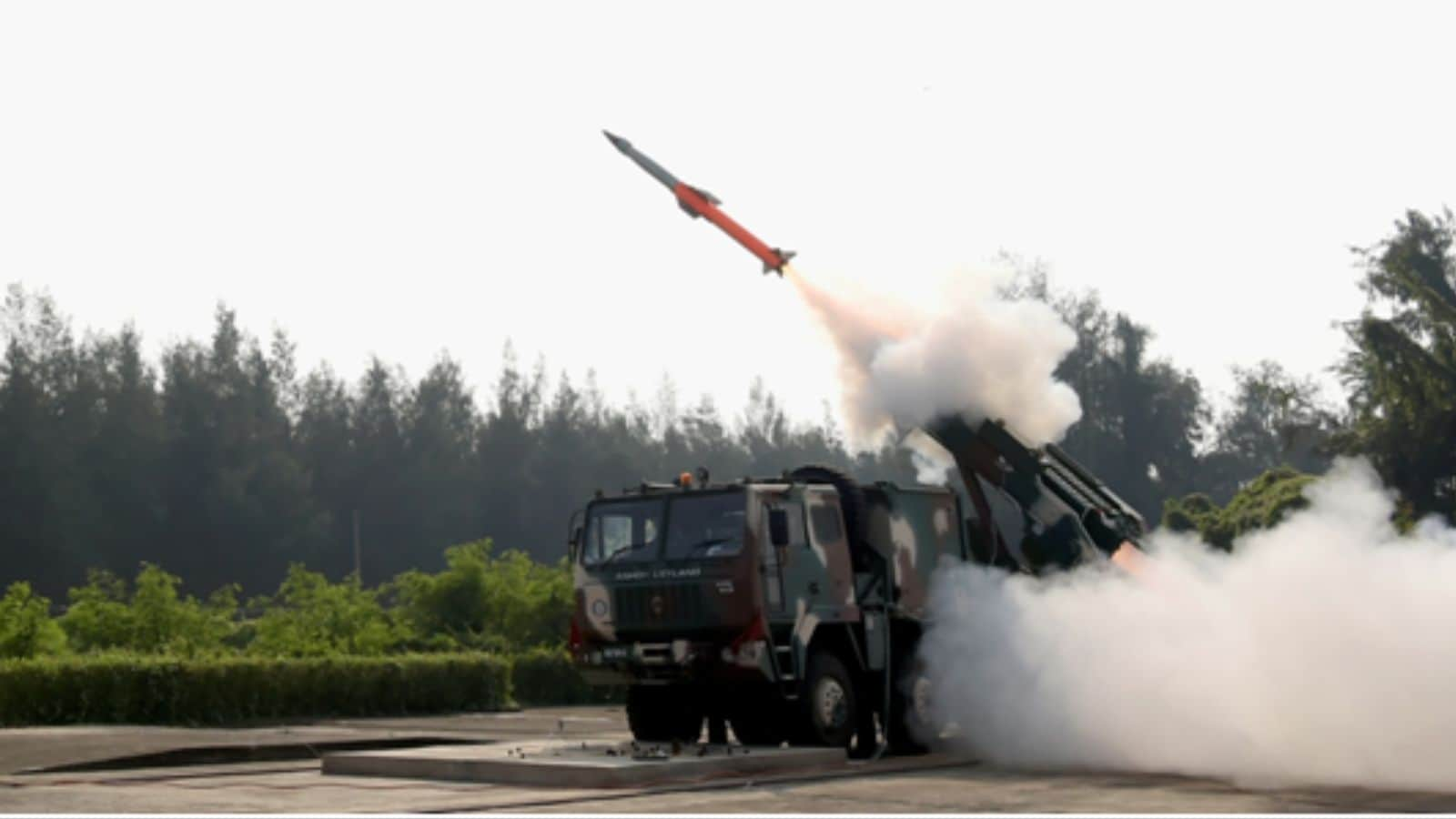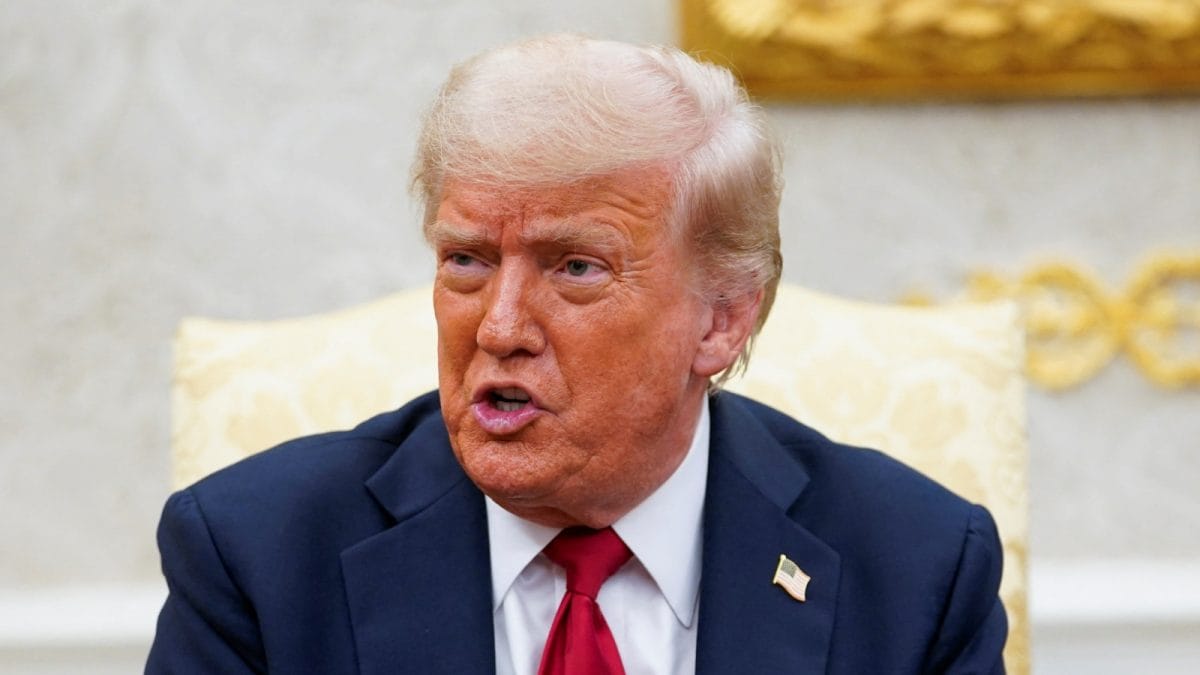The India-United Kingdom Comprehensive Economic and Trade Agreement (CETA) raises several questions regarding India’s commitments in the CETA’s intellectual property chapter (Chapter 13). A problematic article in this chapter is Article 13.6, “Understandings Regarding TRIPS and Public Health Measures”, in particular its first paragraph: “The Parties recognise the preferable and optimal route to promote and ensure access to medicines is through voluntary mechanisms, such as voluntary licensing which may include technology transfer on mutually agreed terms” (http://bit.ly/46zLEzj).
India’s agreeing to this provision would result in dilution of its position on two critical issues. First, India consistently backed the use of compulsory licensing as opposed to voluntary licensing, to address high prices of patented medicines. Second, India argued that advanced countries must transfer technologies to developing countries on “favourable terms”, for their industrialisation, and also for reducing their carbon footprints.
EXPLAINED | What does the new U.K.-India trade deal entail?
Issue of pricing
High prices of patented medicines are a serious anomaly of the patent system, due to excessive rent-seeking by patentees. Compulsory licensing of patented medicines can vastly improve the affordability of high-priced medicines by facilitating the production of such medicines. This was experienced following the grant of compulsory licence to Natco Pharma in 2012 for producing an anti-cancer medicine, sorafenib tosylate. The price came down to less than ₹8,800 for a month’s treatment, from the ₹2,80,428 charged by the owner of the patent on the medicine, Bayer Corporation (http://bit.ly/4lVTc4l).
For remedying such instances of excessive rent-seeking, India’s law-makers included compulsory licensing as a key safeguard while amending the Patents Act to make it compatible with the World Trade Organization’s (WTO) Agreement on Trade Related Aspects of Intellectual Property Rights (TRIPS). Both Houses of the Parliament unanimously adopted this legislation after a Joint Parliamentary Committee had carefully considered its provisions (http://bit.ly/4l7Z1uh).
Also Read | India, U.K. sign trade deal, PMs launch new partnership framework
Grant of compulsory licence
India’s TRIPS-consistent Patents Act allows grant of compulsory licence to anyone interested in producing a patented product in India, three years after the grant of a patent. This licence can be granted if: reasonable requirements of the public with respect to the patented invention are not satisfied; or the patented invention is not available to the public at reasonably affordable price, or the patented invention is not “worked” in the territory of India, implying, it has not been commercially exploited in the country (http://bit.ly/4lTSBjI).
Patent rules monitor “working” requirement and, accordingly, patentees must submit the working status of their inventions. They had to do so annually until this requirement was diluted through India’s FTA with the European Free Trade Association, with India agreeing that the periodicity of reporting “shall not be less than 3 years” (http://bit.ly/4o4NCxU). This dilution, has now been reinforced through the CETA, and it takes away an important ground for issuing compulsory licences.
By backing voluntary licensing to address the problem of access to medicines, India has, de facto, given up its position as a strong votary of compulsory licensing in the WTO. A coalition of developing countries, including India earned the right to issue compulsory licences through the Doha Declaration on the TRIPS Agreement and Public Health in 2001, despite strident opposition from advanced countries. The Declaration emphasised, “each Member has the right to grant compulsory licences and the freedom to determine the grounds upon which such licences are granted” (http://bit.ly/3IUwjiW).
Voluntary licences cannot ensure access to affordable medicines due to the weak bargaining position of domestic companies in developing countries vis-à-vis dominant pharmaceutical corporations. Médecins Sans Frontières (MSF), a medical humanitarian organisation, observed that using the terms of voluntary licences, pharmaceutical corporations can set various limitations, including to control the supply of active pharmaceutical ingredients, besides imposing restrictions on licensees. Therefore, options for getting affordable access are compromised when voluntary licences are used (http://bit.ly/3U0j6aQ). The MSF’s observations were proven when Cipla produced the anti-COVID drug, remdesivir, in India under a voluntary licence from Gilead Sciences, the owner of the patent on the medicine. The price of remdesivir fixed by Cipla for India was, in purchasing power terms, higher than that Gilead had charged in the United States.
COMMENT | The India-U.K. FTA spells a poor deal for public health
India’s demand will be affected
The CETA undermines India’s demand for technology transfer “on favourable terms” in several multilateral forums. This demand was first made through the United Nations General Assembly Resolution on the New International Economic Order (NIEO) in 1974. A key aspect of the NIEO was the call for facilitated technology transfer from advanced to developing countries to promote the industrialisation efforts of the developing countries (http://bit.ly/41ejRRl). However, despite their best efforts, little progress was seen regarding technology transfer.
The disappointment of developing countries was reflected in India’s Fourth Biennial Update Report to the United Nations Framework Convention on Climate Change in 2024: “Despite substantial national efforts and investments, barriers like slow international technology transfer and intellectual property rights (IPR) hinder the rapid adoption of [climate friendly] technologies” (http://bit.ly/3H1ITfU).
As India has compromised its long-held position that technology transfer to developing countries must be on “favourable terms”, its demand for climate-friendly technologies from advanced countries could lose its sting.
Biswajit Dhar is former Professor of Economics at the Jawaharlal Nehru University. K.M. Gopakumar is Senior Researcher and Legal Adviser, Third World Network



.png)
.png)
.png)
















 2 hours ago
6
2 hours ago
6







 English (US) ·
English (US) ·